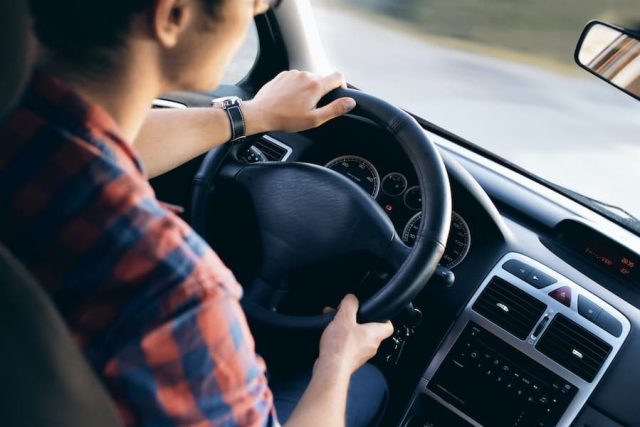According to C.R.S. 42-4-1301, you commit a DUI in Denver if you drive a vehicle after consuming alcohol or drugs to the point where they affect your mental and/or physical ability to drive. And the state of Colorado is harsh on those convicted of a DUI. For instance, having a blood alcohol level above .2 leads to 10 days of incarceration, either in jail, under house arrest, or as part of a work release program.
But what if you feel that a DUI accusation against you is unjustified?
These three defenses may help you overcome a DUI charge.
Defense 1 – The Police Provide an Inaccurate Report
Police follow strict procedures when conducting a DUI stop.
First, they need to have a lawful reason for pulling you over, which they’ll state on their police report. If that reasoning isn’t truthful, such as a statement that you were speeding when you stayed within the limits, you have the start of a defense against your DUI.
Similar procedural errors help you to build a stronger case.
For instance, Colorado has “expressed consent” laws that state that anybody who is pulled over under suspicion of driving under the influence automatically provides consent for post-arrest testing. These tests usually look at your breath, urine, blood, or a combination of the three, and the results must be accurately placed in a police report.
The absence of the results of these tests can be grounds for getting your case thrown out, as can improper reporting of the test results.
Defense 2 – Witness Testimony
Sometimes, mistakes on the road can lead to you being pulled over under suspicion of a DUI when the reality is that you made the mistake despite being sober. For example, you may fail to stop at a stop sign because you’re distracted by children misbehaving in the back seats or you simply fail to see the sign.
Witness testimony can be your saving grace in these instances.
If you have somebody else in the car who can testify to the reason why you failed to follow the rules of the road, you have an argument against a DUI charge. When combined with a lack of evidence, such as a test conducted with a preliminary alcohol screen (PAS) device failing to show alcohol in your blood, you have a strong defense.
Note – you may still face charges for breaking a rule of the road, though these are often less severe than DUI charges.
Defense 3 – The Office Doesn’t Read Your Miranda Rights
The case of Miranda v. Arizona established that police must make an arrested individual aware of their rights before taking them into custody. It’s a crucial procedural issue, and one that you can use as part of your defense against a DUI charge if the arresting officer took you into custody without reading your rights.
There are also elements to these laws that apply even if you get read your rights. For instance, police shouldn’t continue questioning if you indicate that you wish to remain silent. And any statements you make without an attorney present aren’t usable in court unless the prosecution can prove you waived your right to counsel. Again, failure to follow appropriate Miranda procedures can be used as a defense.
Fight Your DUI Charge
Procedure is often the best line of defense when fighting a DUI charge. If the police fail to follow it, and you can prove that failure, you may be able to argue for a mistrial. Failing that, having witnesses who can testify to your condition is always helpful, especially if their testimony aligns with the results of roadside and post-arrest testing.














